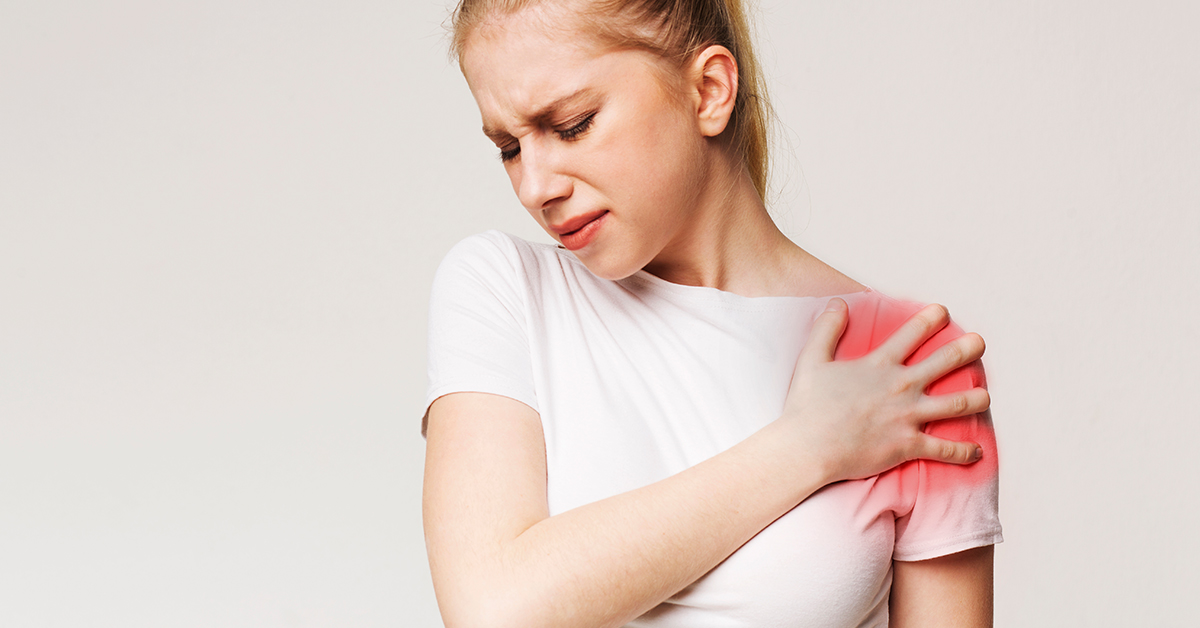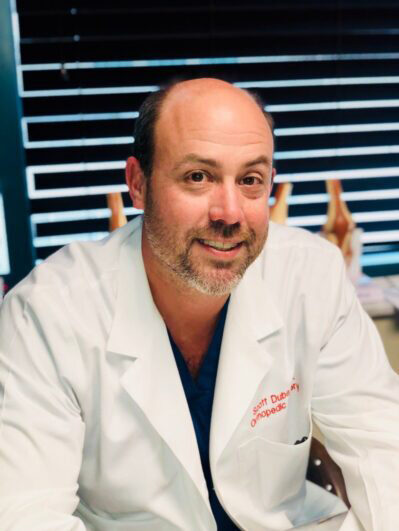Pain when lifting and rotating your arm? Don’t miss our article on 3 common rotator cuff injuries:

Three Common Rotator Cuff Injuries
You may have heard of the rotator cuff before, but do you know what it is? The rotator cuff is made of muscles and tendons that come together to cover the head of the humerus. These tendons attach the humerus to the shoulder blade and plays a large part in your ability to lift and rotate your arm. Below are three common rotator cuff injuries.
Bursitis
Bursitis occurs in the rotator cuff when the bursa, a fluid-filled sac above the orator cuff becomes inflamed due to irritation. The bursa normally acts as a cushion between parts of the shoulder, so its inflammation often contributes to irritation of other parts of the shoulder.
Tendonitis
Rotator cuff tendonitis occurs when the rotator cuff tendons become irritated. This is also known as shoulder impingement syndrome. Symptoms vary, but include inflammation, pain, and limited range of motion. In some cases, there will be acute shoulder pain when raising the arms over the head, laying on the affected shoulder, or reaching backwards. These symptoms can be caused by a variety of conditions, including shoulder osteoarthritis.
Rotator Cuff Tears
Rotator cuff injury is very common and very painful. People who work or perform in a manner that requires repetitive stress on the rotator cuff tendons, like those who do work that requires extensive arm lifting, and anyone over the age of 40 could potentially suffer from a rotator cuff tear. Symptoms include arm weakness or pain when lifting, making specific movements, or rotating the arm, pain when resting on the affected shoulder, and a crackling sensation in the shoulder when performing certain movements. Pain from rotator cuff damage increases as time goes on.


